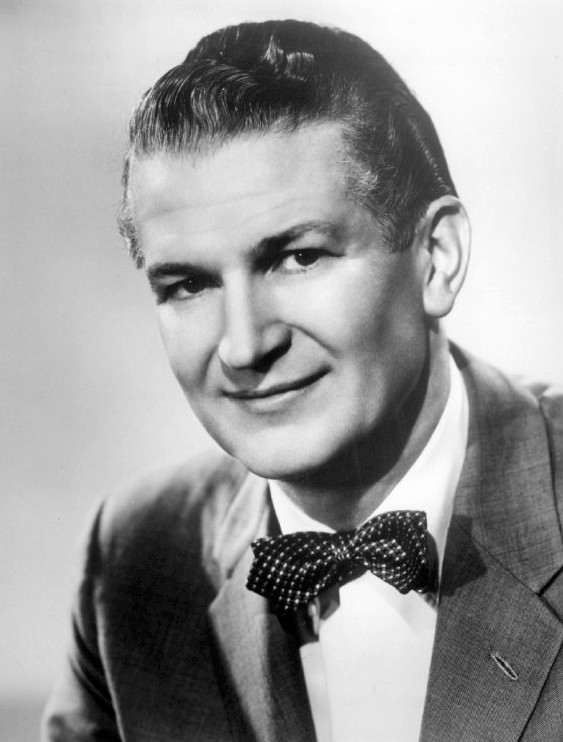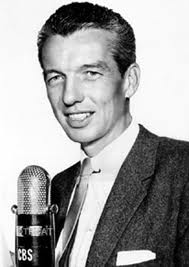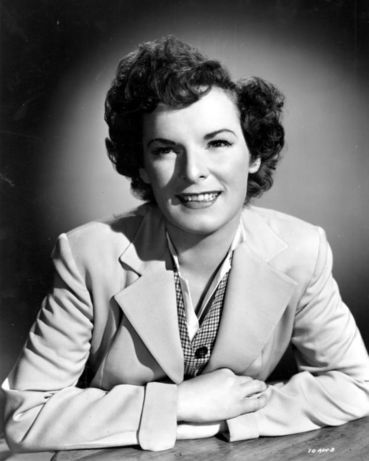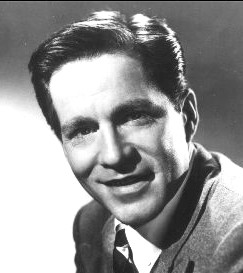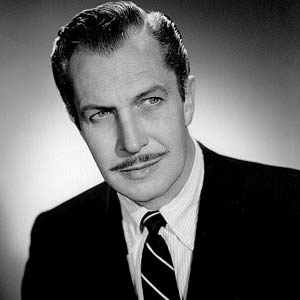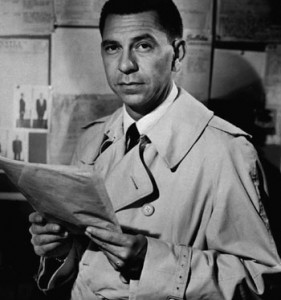A version of this review as posted in 2011
One of my favorite Agatha Christie works is a short story collection called The Labours of Hercules, which was published in 1947.
So I decided to take a listen to this classic with not one, but twelve great Poirot mysteries as read by Hugh Fraser (Captain Hastings from the ITV Series).
Poirot’s quest is begun due to an obnoxious guest who mocks Poirot’s name, and the amazing fact that Poirot knows little of the Greek classics given that he was named Hercules and his brother Achilles. Egged on by the professor, Poriot decides to read the classics, and is shocked by the lack of morality of the Greek gods and that his namesake was all muscle and no brain. Right then and there, Poirot vows to give the modern world something that’s truly admirable: his own labours of Hercules. Poirot resolves to take 12 cases and no more, with each case corresponding to a labour of Hercules.
What follows is twelve well-crafted and fun thrillers. Christie works elements of the Greek classics in a charming but unobtrusive way. One of the most amusing is in “The Apples of Hesperides.” In the original tale, Hercules received the help of Atlas; in Poirot’s version, he received the help of Harry Atlas, a local gambler. “The Capture of Cerberus” in Hercules’ story featured Hercules going to the underworld; in Poirot’s version, he goes to a Hell-themed nightclub.
My favoritie stories in the collection were:
- “The Erymanthian Boar”: Poirot is retained by the Swiss to find a killer in a Swiss hotel which has an unusually high number of occupants for that time of year.
- “The Horses of Diomedes”: At the request of a doctor friend, Poirot looks into the distribution of heroin that is apparently corrupting the daughters of an Indian Army veteran. A very solid and early story on the drug trade.
- “The Arcadian Deer”: This story finds the great Hercules Poirot undertaking a commission for a garage mechanic to find a lost love. A very beautiful and sweet story.
- “The Apples of Hesperides”: Poirot undertakes to find a golden goblet that was stolen from a rich man before he could take possession after winning it at an auction. Some great twists, including the character of Harry Atlas.
- “The Capture of Cerebus”: The last and probably best story in the collection, as Poirot renews an old acquaintance with a supposedly reformed female jewel thief who is running a nightclub called Hell. But the police suspect the den (in addition to being somewhat tacky) is also the center of the drug trade.
I could go on. There were so many great stories to love in this book. The character of Miss Carnaby, who appears in two stories, is a real treat.
All the stories were enjoyable in their own way, but if I had to pick two lesser ones, I’d choose “The Augean Stables” and “The Stymphalean Birds.”
Poirot’s analog to the “Augean Stables” is to clean up a political scandal that threatens to bring down the Prime Minister, whom Poirot admires because a respected friend told him the Prime Minister was a “sound man.” What makes this story particularly odd is how Poirot cleans up the problem. The plot could very well have been the inspiration for the novel American Hero and the movie Wag the Dog. It suggests that the world is fortunate that Poriot didn’t take up political consulting instead of detection.
The solution to “The Stymphalean Birds” seems a little too simple. Poirot becomes involved in this case when a young English politician approaches him with his problem while visiting Europe. The truth is, I could have told the poor unfortunate guy what was going on.
However, even the weaker stories were fun. While Agatha Christie began to tire of Poirot by the 1930s, that fatigue doesn’t show in this great collection. This really has the feel of something the author enjoyed writing which gives the readers great joy as well.
When I first reviewed this book, I didn’t think the book would ever be adapted. It was adapted, sort of, although not faithfully. The telefilm version (review here) was a darker, more compressed mystery with dark undertones that foreshadow Poirot’s dark turn in Curtain. If you were put off by that, be assured the book is a much lighter and fun read.
On the positive side, Hugh Fraser does a great job narrating the audiobook version, with a wide variety of voices for different characters, so it’s close to a one-man dramatization. I heartily recommend the audiobook version for that reason. It’s probably the closest we’ll get to an adaptation. The odds of getting a faithful adaptation of these stories are small given the trends in entertainment today.
However you choose to read it, The Labours of Hercules is a wonderful collection of mysteries that will be no labor at all to read.
Rating: 5.0 out of 5.0 stars.
This post contains affiliate links, which means that items purchased from these links may result in a commission being paid to the author of this post at no extra cost to the purchaser.



